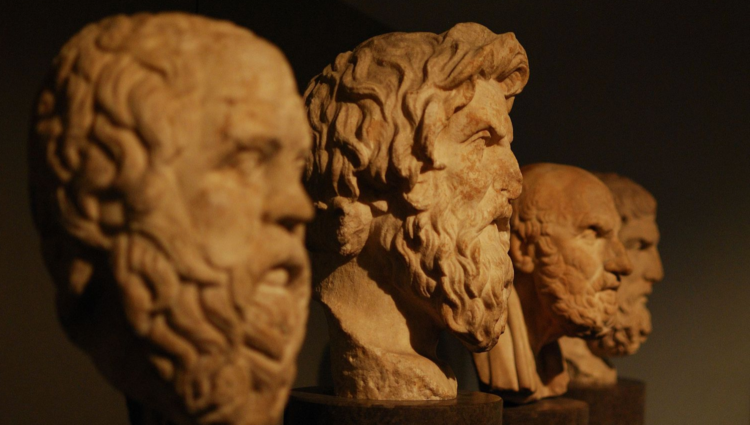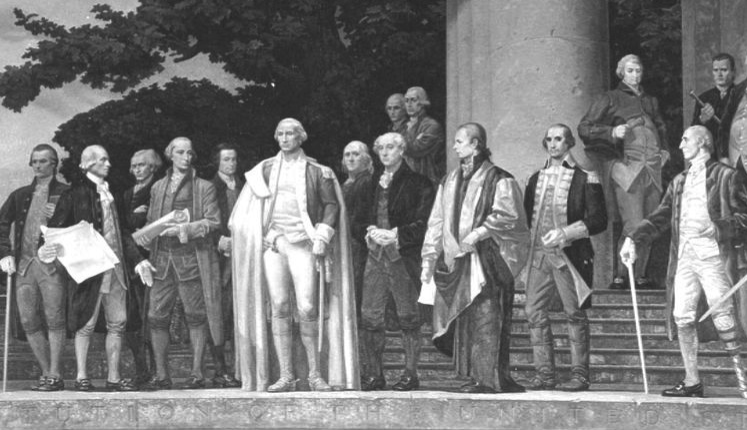Liberty and Liberal Education
Free citizens are necessarily invited to follow the Delphic injunction, “know thyself,” that is addressed to all mankind; and their success or failure in responding to this invitation is crucial for the preservation or loss of their liberty. Liberal education is the distinctive educational tradition of the West; so, too, is liberty our distinctive political [...]


